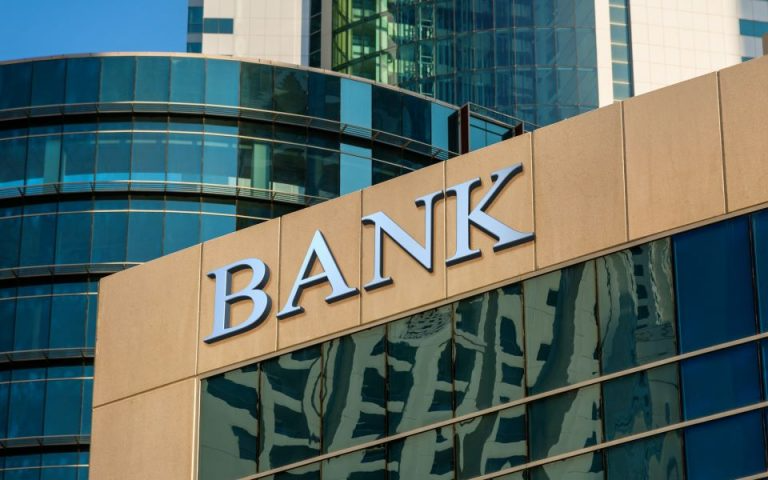
Canadian rating agency DBRS Morningstar reaffirmed on Friday its BBB (low) rating for Greece, and upgraded the outlook from stable to positive. It will be recalled that the rating agency had given Greece an investment grade on September 8, 2023, when it upgraded Greece's credit rating to BBB (low) with stable outlook (trend), from BB (high) - which was one notch below the so-called investment grade. The analysts' assessments and comments on the banks are interesting.
THE ASSESSMENTS OF THE BANKS
As the agency notes, significant efforts have been made to strengthen Greece's banking sector, which, thanks to improved credit quality, is now more resilient than in the past. Due to an increase in net interest margin, banks are more profitable, have greater liquidity, and have better capitalization. In addition, improved operating efficiency following a deep restructuring process and lower credit costs in line with an improved risk profile have further strengthened Greek banks.
HERUCLES
Recent shocks, including the energy crisis and high interest rate costs, have not prevented the overall NPL ratio from continuing to decline. Specifically, it stood at 7.5% in Q1 2024, down more than 40 percentage points from its peak in June 2017. This decrease was mainly due to the sales and securitization of loans under the Hercules program.
FOR THE 5TH BANKING PILLAR
The pending merger between Attica Bank and Pancretia Bank, although will lead to a public recapitalisation of around €500 million, it will help the NPL ratio of the banking system to further decrease towards the euro area average. With the health of the banking system improving, the HFSF has made significant divestments in systemic banks. This has attracted private investors who have allowed the government to sell a large part of its holdings in systemic banks, which helps to reduce the relationship with the banks.
THE SIZES
DBRS expects further improvement in capital quality with the continued reduction in the deferred tax credit, which, in 2023, accounted for 44% of total regulatory capital, 8 percentage points lower than in 2022. Home prices have risen significantly in recent years, reversing a decade-long downward trend, but rising costs of living and interest rates have worsened household affordability tables.
LIMITED RISKS
However, there is no evidence of excessive borrowing and leverage, and Morningstar DBRS believes that risks to financial stability are currently limited. The new macro-prudential measures, including a cap on the loan-to-value ratio, effective from 1 January 2025, will help maintain healthy lending patterns.






